John Swinney has reset his government with a year to go until the next Holyrood election – and admits the NHS will be the “fundamental issue” for voters.
Marking the date on Wednesday, he said his SNP administration will focus on a “radical programme” with a “relentless focus”.
And beyond the public messaging, he is trying to stick to a mantra which guides the election-focused government refresh.
“If you want to govern successfully, if you want to win the election, you need trust. It is the essential ingredient in a party’s relationship with the people,” one senior source explained.
When he come into office, replacing Humza Yousaf, the first minister faced a challenge.
To deal with that head on, those around Mr Swinney believe two things were necessary.
Hope and delivery
The first 12 months of his time as first minister were about delivering hope.
They had to end the perception that this was a party nearing the end of its time in power and recover the SNP’s poise after a routing at the general election. To do that, they had to find a fresh focus on people’s priorities.
Now, in the lead up to the next election, the challenge is one of delivery. With that, the government believes, will come trust among voters as they head to the polls on May 6 2026.
And after 18 years in power, people will be looking closely at the record. What happens in the next 12 months will be critical.
There is perhaps no greater an electoral liability than the NHS. It represents the greatest roadblock on Mr Swinney’s journey back to Bute House.
In his speech unveiling his party’s election candidates, Mr Swinney admitted he had heard people’s concerns about the health service.
It plays a starring role in the new Programme for Government. Alongside the existing health pledges, Mr Swinney committed to ending the 8am lottery to see a GP by increasing the number of appointments by 100,000.
In Tayside and Fife, where the SNP will require a strong showing in order to make it back to government, the NHS has experienced some of the worst surgical waiting times in Scotland.
And in June last year NHS Fife said it could not afford to tackle its orthopaedic wait backlogs.
Asked if he believed the government delivery in relation to the health service was an electoral liability, Mr Swinney told The Courier it was a “fundamental issue”.
“It’s a fundamental issue in terms of the importance for people in Scotland,” he said.
“People want to know that they can get access to healthcare services when they require them.
“For me that’s about how people feel and what their legitimate expectations are. I have got to address those expectations.”
Meanwhile, Scottish Labour hopes dissatisfaction with public services will drive people to their rallying call for change.
Dundee-based MSP Michael Marra, Labour’s finance spokesman, hit out at the first minister for failing to mention the city in his Programme for Government.
On Tuesday, he said: “Silicon Valley, Scunthorpe and Russia got more airtime from John Swinney in Holyrood this afternoon than Scotland’s fourth city.
“With Dundonians continuing to face long delays and waiting lists in our health service and a drugs deaths scandal, it is unforgivable for the First Minister to sidestep our city entirely in today’s announcement.
“It speaks volumes that John Swinney is more interested in Silicon Valley than Dundee.
“It could not be clearer that, after 18 years, the people who broke it cannot be the ones to fix it. Dundee needs a new direction.”
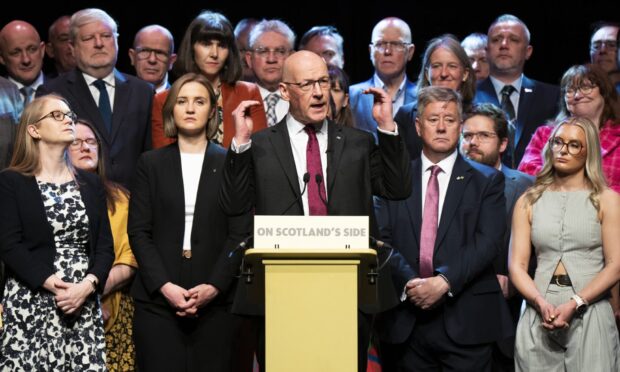
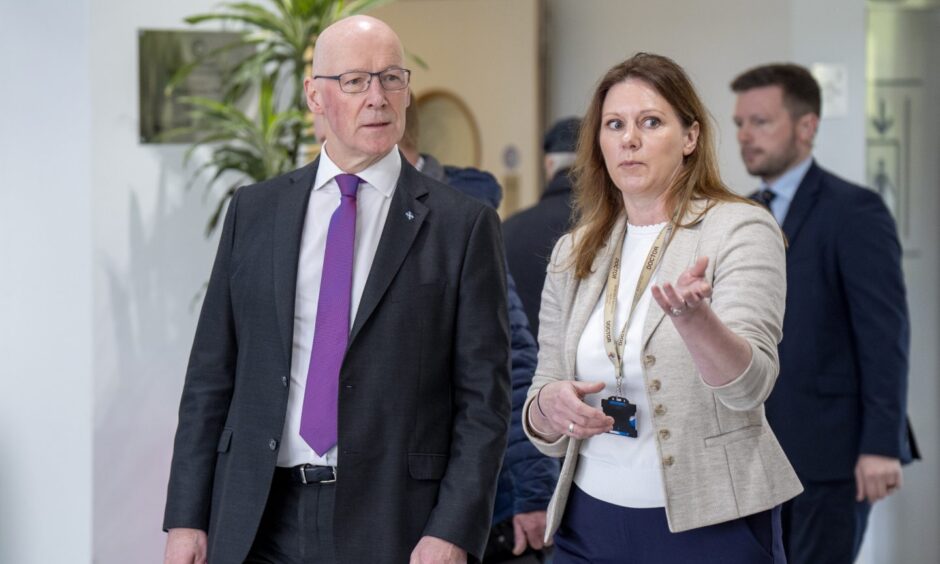
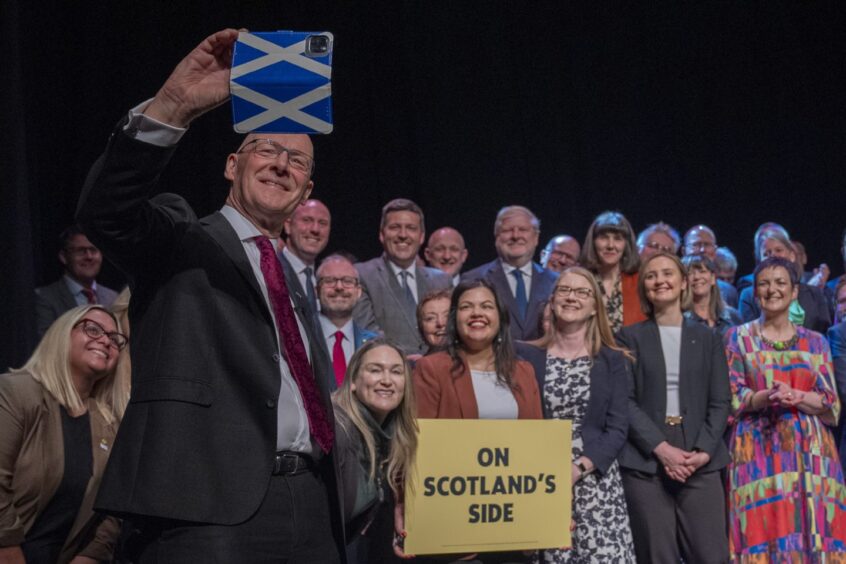
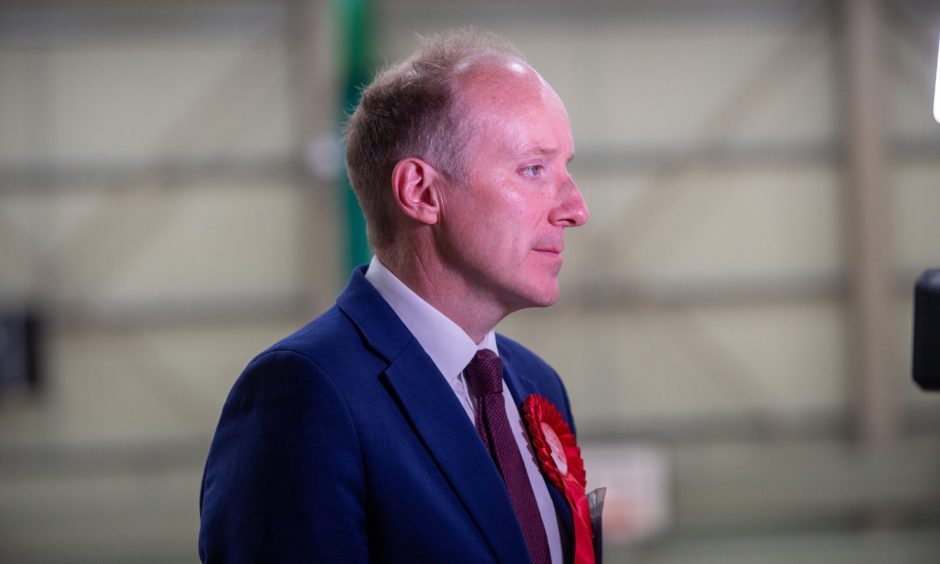
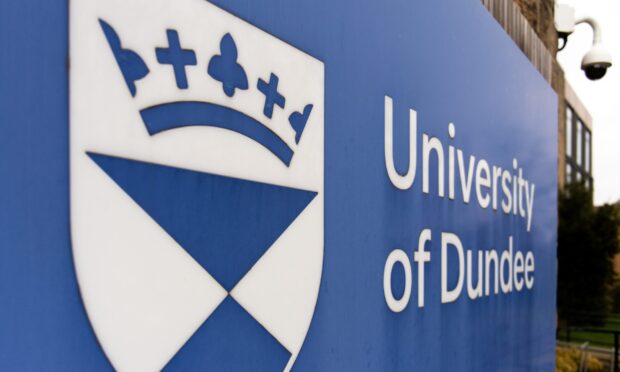
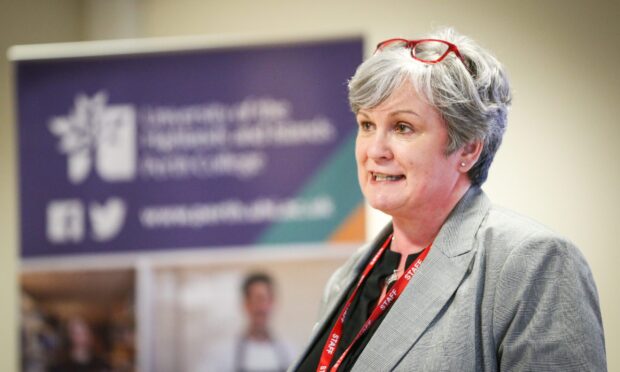

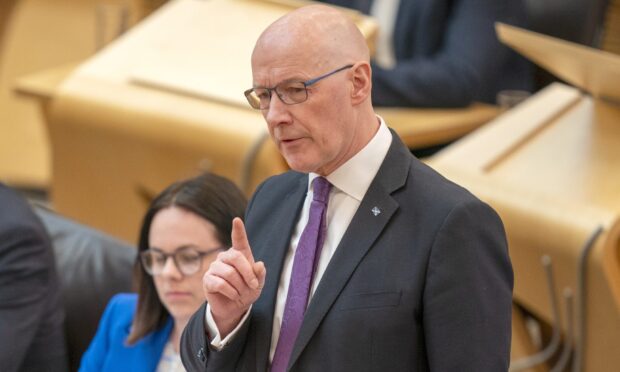
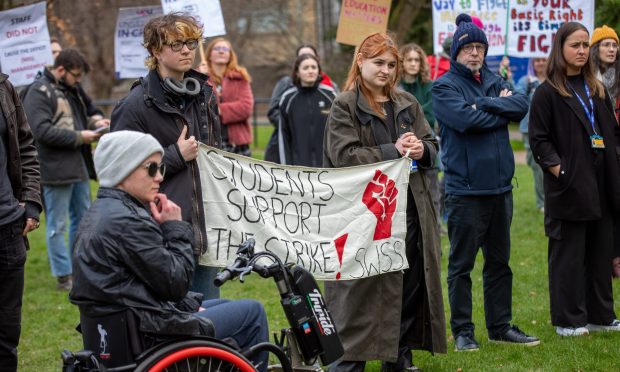
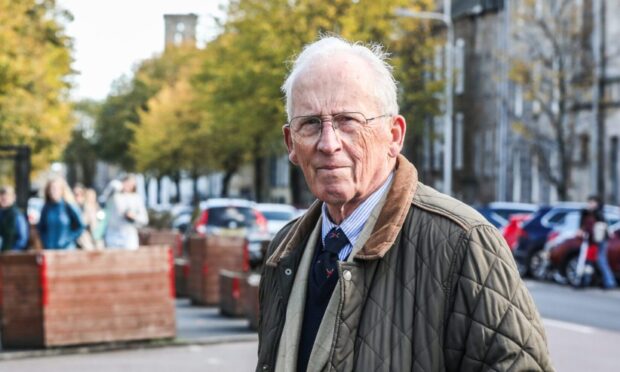
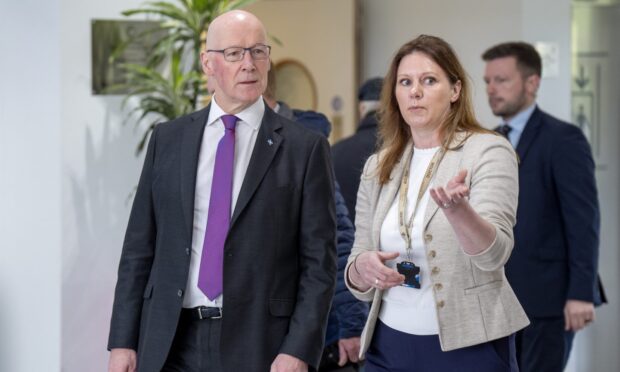
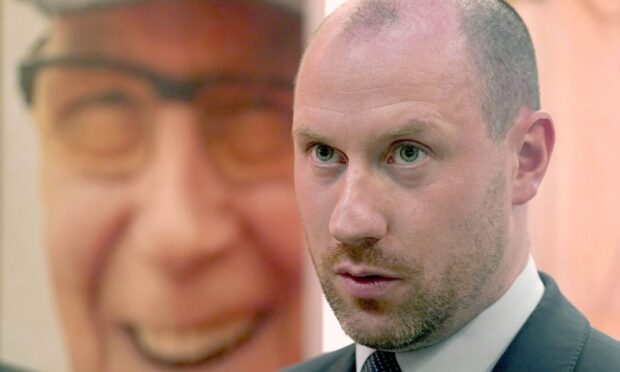
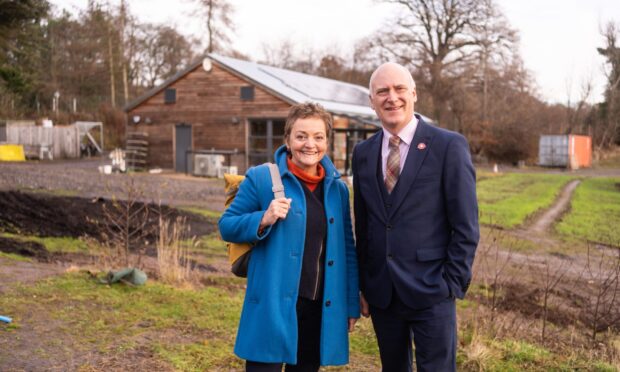
Conversation